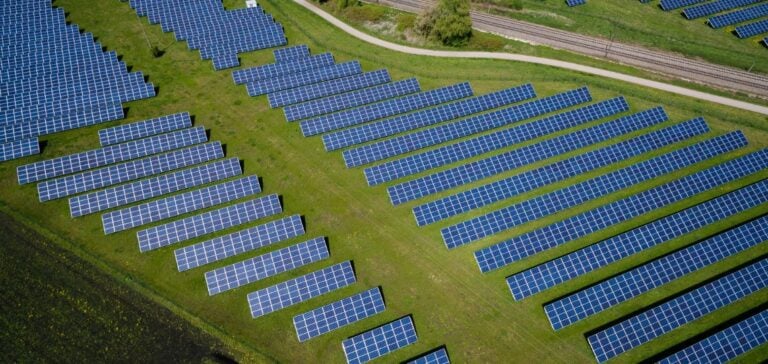Moldova turns to renewable energies with its first tender for wind and solar power plants.
This strategic move is part of the country’s drive to reduce its energy dependence on Russia, a move that has become imperative in the context of current regional tensions.
With this tender, Moldova is seeking to attract investors capable of supplying up to 105 MW of wind power capacity and 60 MW of photovoltaic capacity, under a 15-year contract guaranteeing a fixed price for the electricity produced. The initiative is also motivated by the need to bring the country into line with European energy standards, an essential step towards integration into the European Union by 2030.
By strengthening its energy network and increasing green electricity production, Moldova aims to secure its supply while contributing to its decarbonization objectives.
An energy infrastructure in the throes of modernization
The interconnection of Moldova’s grid with the European Transmission System Operators’ Network (ENTSO-E) is a major step forward for the country.
This connection enables Moldova to diversify its energy import sources, while stabilizing its electricity supply.
The development of new renewable energy capacities complements efforts to modernize the country’s energy infrastructure, particularly in terms of energy transmission and distribution.
The share of renewable energies in Moldova’s electricity consumption has already risen significantly, from 3.6% in 2021 to 10.5% in 2023.
With the new installations resulting from this tender, this share could rise to 16.6%, bringing Moldova closer to European standards in terms of energy transition.
The resulting projects will not only strengthen the country’s energy resilience, but also support its sustainable development ambitions.
Strategic challenges and long-term outlook
Moldova’s energy transition is much more than simply adapting to current challenges.
It is part of a long-term strategy to reduce the country’s vulnerability to geopolitical shocks, while integrating more deeply into the European energy market.
The support of European investors and institutions will be crucial to the realization of these projects, which require substantial investment in infrastructure.
At the same time, this transition is part of a sustainable economic development strategy designed to position Moldova as a competitive player in the Eastern European green energy market.
The new renewable capacities will enable the country to diversify its energy mix, stabilize its supply costs and strengthen its position in the region.






















